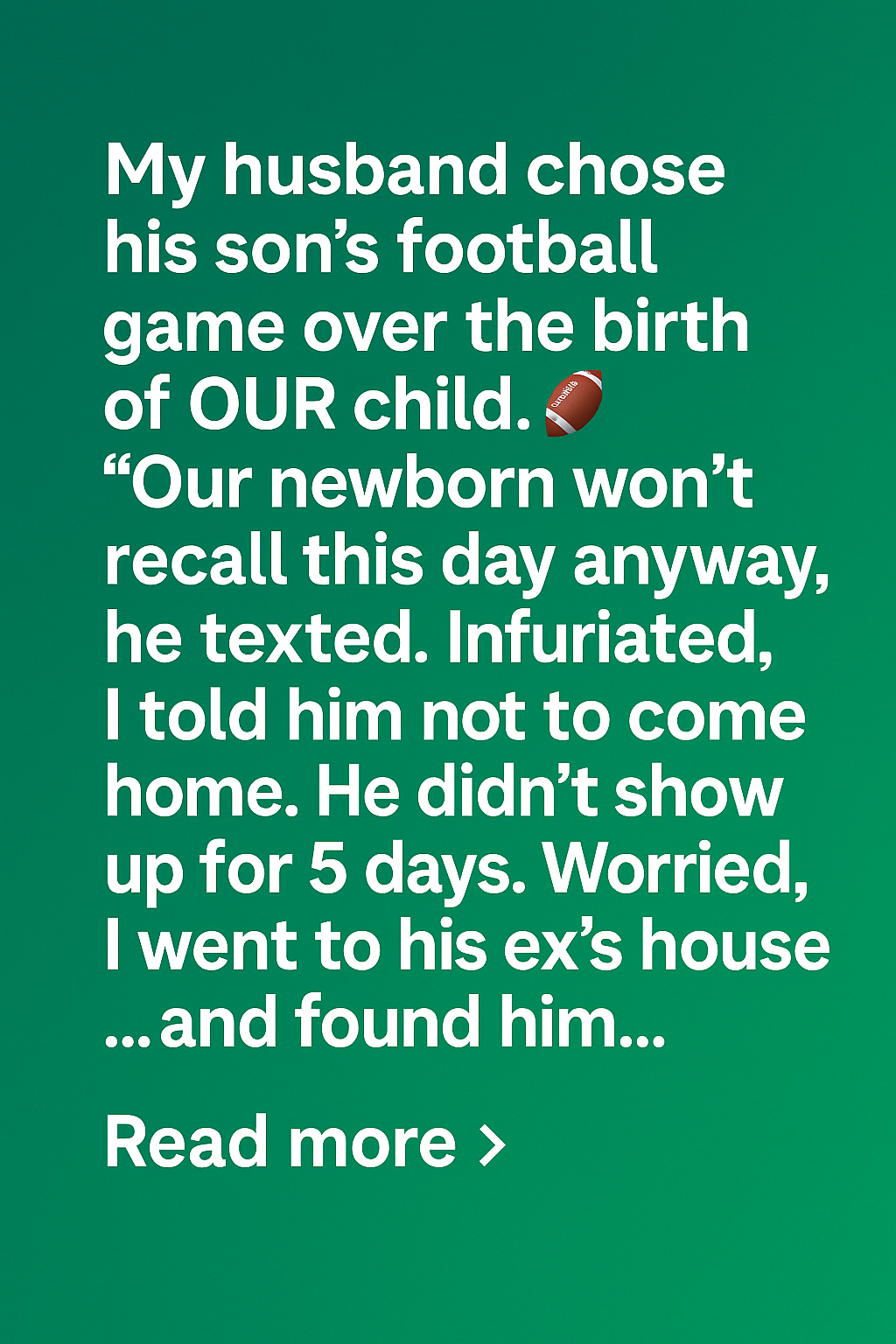Amelia’s restaurant experience sparked a wider conversation about tipping culture, customer service, and conflict. What was supposed to be a celebratory evening was spoiled by a waitress who reacted rudely to the tip left on the bill. The encounter left Amelia frustrated and raised questions about professionalism and respect in the service industry.
Commenters were divided. Some argued that tipping generously is a basic responsibility when dining out, while others felt tips should remain a customer’s choice and not an obligation. Restaurant owners and frequent diners agreed that, regardless of tip size, staff should remain professional, since waitstaff represent the establishment and shape the customer’s overall experience.
Still, the discussion highlighted the difficult realities of service work—long hours, low wages, and heavy reliance on tips. While these challenges don’t excuse rudeness, they remind us that empathy can help both sides better navigate tense situations. Recognizing stress or personal struggles behind someone’s behavior may encourage more compassion, even when conflict arises.
Ultimately, Amelia’s story serves as a lesson in composure and conflict resolution. Instead of escalating arguments, addressing issues calmly or seeking help from a manager can lead to better outcomes. Respect and empathy, extended on both sides, can transform unpleasant encounters into opportunities for understanding, growth, and more positive interactions in the future.




